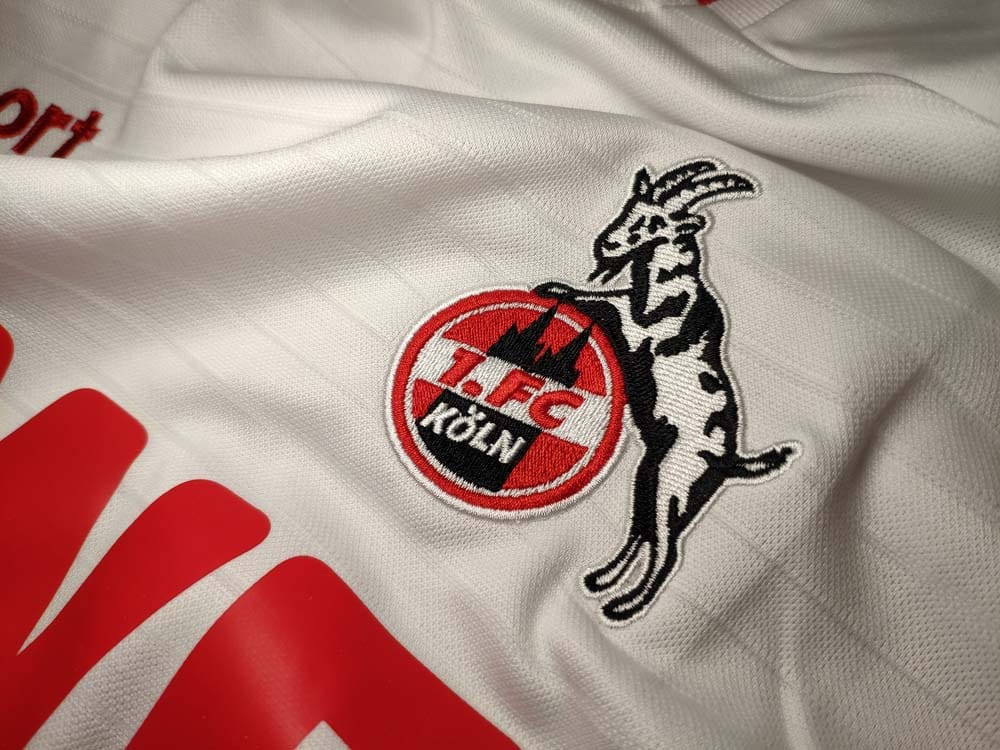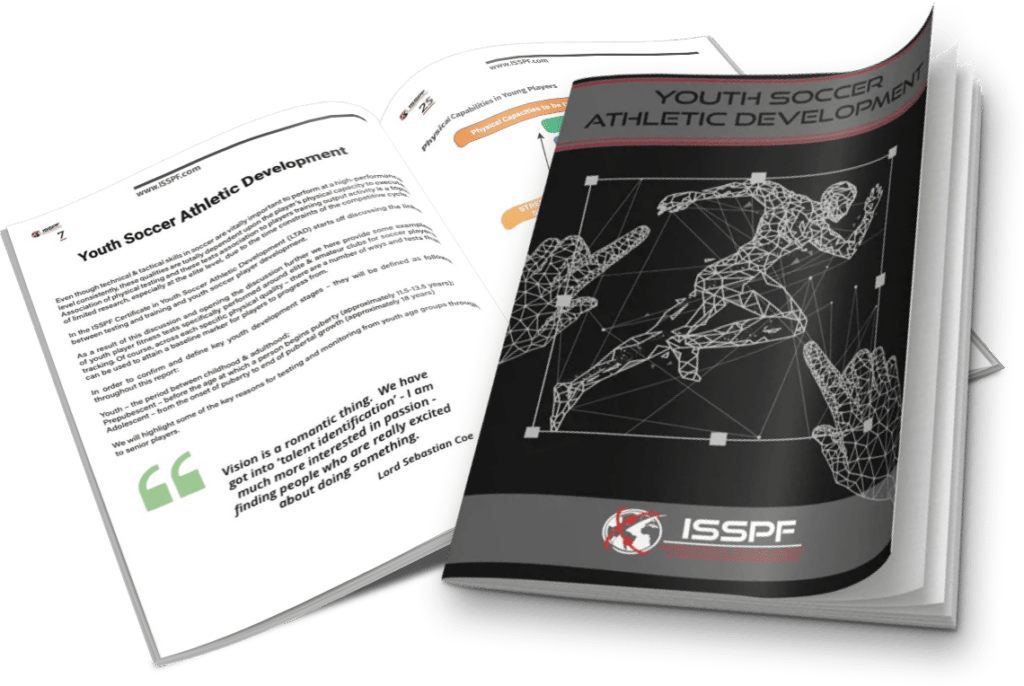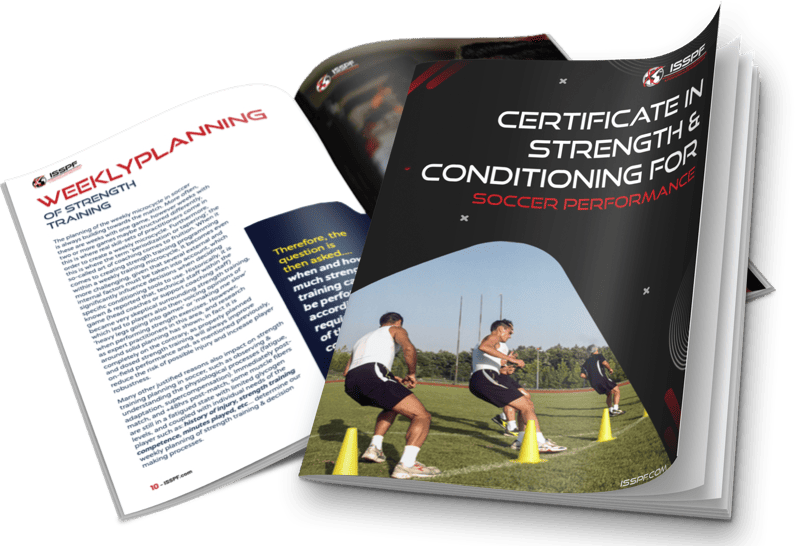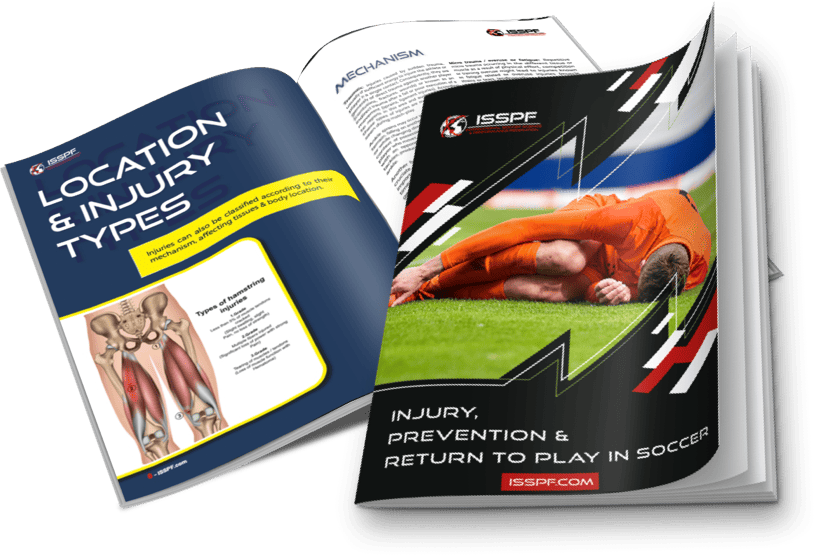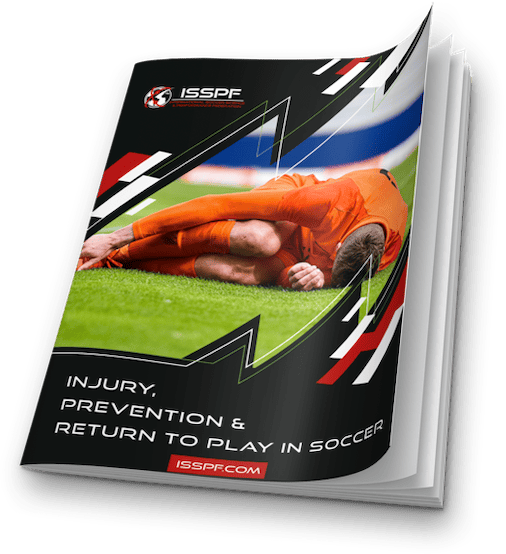Written by: Helen Bauhaus (Performance Nutritionist, German Sports University Cologne )
Possessing knowledge empowers us to take action – a concept that holds true in various domains, including sports. In the realm of athletics, knowledge concerning nutrition, dietary behaviors, and nutrient intake plays a significant role. Studies have already indicated that having an understanding of nutrition influences food choices and eating habits. It is observed that individuals who receive proper food and nutrition education are more likely to adhere to recommended dietary guidelines.
In soccer, there exist well-defined guidelines for optimal nutrient intake, which have been previously discussed on this platform. Prominent examples include UEFA’s Consensus Statement on Nutrition in Football and the ACSM’s Nutrition and Performance recommendations.
Despite these guidelines, practical evidence often reveals that players fail to meet the recommended nutrient levels on multiple fronts. Particularly concerning is the insufficient intake of energy and carbohydrates, leading to inadequate fueling for the demands of training and matches throughout the day
On the other hand, protein and fat intake tends to exceed the recommended levels, even among top players. This disparity between recommended and actual nutrient intake raises concerns about the effectiveness of nutrition education in soccer.
Intermediate Certificate in Soccer Nutrition
UEFA’s Consensus Statement on Nutrition in Football
The UEFA’s Consensus Statement on Nutrition in Football is a comprehensive guideline specifically tailored for soccer players. It aims to optimize the dietary practices of footballers and enhance their performance on the field.
The statement is a collaborative effort involving experts in sports nutrition, physiology, and medicine, and it takes into account the unique demands and challenges that football players face during training and matches.
The key focus areas of the UEFA’s Consensus Statement include:
- Energy Requirements: Providing recommendations on the appropriate caloric intake to meet the energy demands of football players based on their age, gender, body size, and training intensity.
- Macronutrient Ratios: Outlining the ideal proportions of carbohydrates, proteins, and fats in the footballer’s diet to support optimal performance and recovery.
- Hydration: Emphasizing the importance of proper hydration strategies before, during, and after training and matches to prevent dehydration and maintain performance.
- Pre-match and Post-match Nutrition: Offering guidance on the timing and composition of meals before and after games to maximize energy stores and facilitate recovery.
ACSM’s Nutrition and Performance Recommendations
The American College of Sports Medicine (ACSM) provides evidence-based guidelines for nutrition and performance, catering to athletes across various sports, including soccer. These recommendations are grounded in scientific research and aim to enhance athletic performance, promote recovery, and minimize the risk of injuries.
The key aspects covered in ACSM’s Nutrition and Performance Recommendations are:
- Macronutrient Intake: Providing guidance on the optimal consumption of carbohydrates, proteins, and fats to meet the energy needs of athletes and support muscle recovery and growth.
- Micronutrients: Highlighting the significance of essential vitamins and minerals in an athlete’s diet to maintain overall health and support metabolic processes.
- Hydration: Emphasizing the importance of proper hydration strategies during training and competition to prevent dehydration and optimize performance.
- Weight Management: Offering guidance on healthy weight management for athletes aiming to achieve their optimal body composition without compromising performance.
- Special Considerations: Addressing specific concerns such as dietary strategies for vegetarian or vegan athletes, managing food intolerances, and handling dietary supplements.
Both UEFA’s Consensus Statement and ACSM’s Nutrition and Performance Recommendations are valuable resources that help coaches, players, and support staff make informed decisions about nutrition to maximize the potential and well-being of soccer athletes. Following these evidence-based guidelines can contribute significantly to the overall success and performance of footballers on the field.
How do you Make Knowledge Measurable?
Questionnaires serve as a straightforward tool to assess nutrition knowledge. However, to ensure their effectiveness, it is essential that these questionnaires are carefully designed and validated for the specific target group. In the context of competitive sports, it becomes crucial to include pertinent questions about general nutrition, nutrition for enhancing performance, and knowledge of food science.
When creating a questionnaire for this purpose, it is beneficial to consider several useful categories. These may encompass energy and weight management, macronutrients (including general information and timing), micronutrients, fluid balance, and the use of nutritional supplements. Additionally, it is imperative that the questionnaire is presented in a language appropriate and familiar to the players.
Fortunately, there are already validated and recommended questionnaires available for competitive sports.
These questionnaires have been developed and tested in various languages, such as Portuguese (da Silva et al., 2021), Finnish (Heikkilä et al., 2018a), English (Trakman et al., 2018), Spanish (Vazquez-Espino et al., 2020), and German (Bauhaus et al., unpublished yet). Researchers and authors, being mindful of the application, are typically open to sharing their questionnaires for the benefit of the field.
In Summary – What Criteria Should a Questionnaire Fulfill?
- The questionnaire must be validated.
- The question items must be developed on the basis of current recommendations.
- The content of the question items must cover questions about competitive sports.
- The questionnaire must be available in the respective language of the players.
How to Improve Nutrition Knowledge

This expert not only designs appropriate nutrition strategies for the players but also plays a crucial role in educating them about the significance of proper nutrition for performance and overall well-being. The educational programs can take on various forms, depending on the resources available to the club. Workshops and joint cooking sessions can be valuable components of the educational program.
These sessions provide players with hands-on experiences, helping them understand the practical aspects of preparing nutritious meals and snacks. It also fosters a sense of camaraderie among team members as they come together to learn and share their knowledge.
One-on-one counseling with the nutritionist can be personalized and highly beneficial. During these individual sessions, players can discuss their unique dietary needs, goals, and concerns.
The nutritionist can provide tailored advice and guidance, taking into account each player’s specific requirements and challenges. Leveraging digital education apps is an excellent way to engage players in learning about sports nutrition.
These apps can deliver interactive content, quizzes, and tracking tools, making the learning process more dynamic and enjoyable. Moreover, players can access this information at their convenience, reinforcing their knowledge and awareness of nutrition-related matters.
Take the Course Now
Intermediate Certificate in Soccer Nutrition
The “Intermediate Certificate in Soccer Nutrition” offered by ISSPF is an online, self-paced program that covers essential concepts related to sports nutrition with a focus on soccer. The course is structured to cater to participants with varying levels of prior knowledge in the field, making it suitable for both beginners and those with some existing understanding of nutrition.
Curriculum and Content: The course curriculum includes a range of topics tailored to the needs of soccer players. Some of the key areas covered in the course include:
- Macronutrients and their role in soccer performance.
- Micronutrients and their impact on energy levels and recovery.
- Hydration strategies for optimal performance.
- Pre-game, intra-game, and post-game nutrition.
- Meal planning and dietary considerations for soccer athletes.
- Addressing common dietary challenges and myths in soccer nutrition.
- Supplement usage and safety guidelines.
The course content is delivered through a combination of video lectures, written materials, interactive quizzes, and case studies. Participants can access the course materials online, allowing them to learn at their own pace and convenience.
Instructors and Support: The ISSPF’s online course is developed and taught by qualified sports nutrition experts with extensive experience in the field of soccer nutrition. Participants can expect high-quality instruction from professionals who understand the specific needs and challenges faced by soccer players.
Additionally, the course provides adequate support through discussion forums or dedicated support channels, where participants can seek clarifications or engage in discussions.
Certification: Upon successful completion of the course and passing the associated assessment, participants are awarded the “Intermediate Certificate in Soccer Nutrition” from ISSPF. This certification serves as a valuable recognition of the learner’s knowledge and competence in the domain of soccer nutrition.
Conclusion: ISSPF’s online course, “Intermediate Certificate in Soccer Nutrition,” offers a valuable opportunity for soccer players, coaches, and nutrition enthusiasts to deepen their understanding of sports nutrition principles specifically tailored to soccer performance. The course’s comprehensive curriculum, expert instructors, and self-paced learning approach make it a commendable choice for anyone seeking to optimize their performance on the soccer field through proper nutrition.
References (click + to expand)
References
Bauhaus, H., von Andrian-Werburg, J., Braun, H., & Thevis, M. (2018, July). Examination of the timing of carbohydrate and protein intake among young elite female football players. In Annual Congress of the European College of Sport Science (pp. 113-114). ECSS.
Braun, H., Bauhaus, H., Stegemann, S., & Thevis, M. (2022, August). TIMING OF CARBOHYDRATE AND PROTEIN INTAKE AND HYDRATION STATUS OF GERMAN JUNIOR FOOTBALL PLAYERS. In Annual Congress of theEuropean College of Sport Science (p. 237). ECSS.
Collins, J., Maughan, R. J., Gleeson, M., Bilsborough, J., Jeukendrup, A., Morton, J. P., … & McCall, A. (2021). UEFA expert group statement on nutrition in elite football. Current evidence to inform practical recommendations and guide future research. British journal of sports medicine, 55(8), 416-416.
da Silva, A. B., Piccoli, Â. B., & Pellanda, L. C. (2021). Knowledge and food practices questionnaire: Construction and validation. Jornal de Pediatria, 97(2), 177–183. https://doi.org/10.1016/j.jped.2019.11.006
Heikkilä, M., Valve, R., Lehtovirta, M., & Fogelholm, M. (2018a). Development of a nutrition knowledge questionnaire for young endurance athletes and their coaches. Scandinavian Journal of Medicine & Science in Sports, 28(3), 873–880. https://doi.org/10.1111/sms.12987
Thomas, T., Erdman, K. A., & Burke, L. M. (2016). Nutrition and Athletic Performance. Medicine & Science in Sports & Exercise, 48(3), 543–568. https://doi.org/10.1249/MSS.0000000000000852
Worsley, A. (2002). Nutrition knowledge and food consumption: Can nutrition knowledge change food behaviour?: Nutrition knowledge and food consumption. Asia Pacific Journal of Clinical Nutrition, 11, S579–S585. https://doi.org/10.1046/j.1440-6047.11.supp3.7.x
Share this article:
